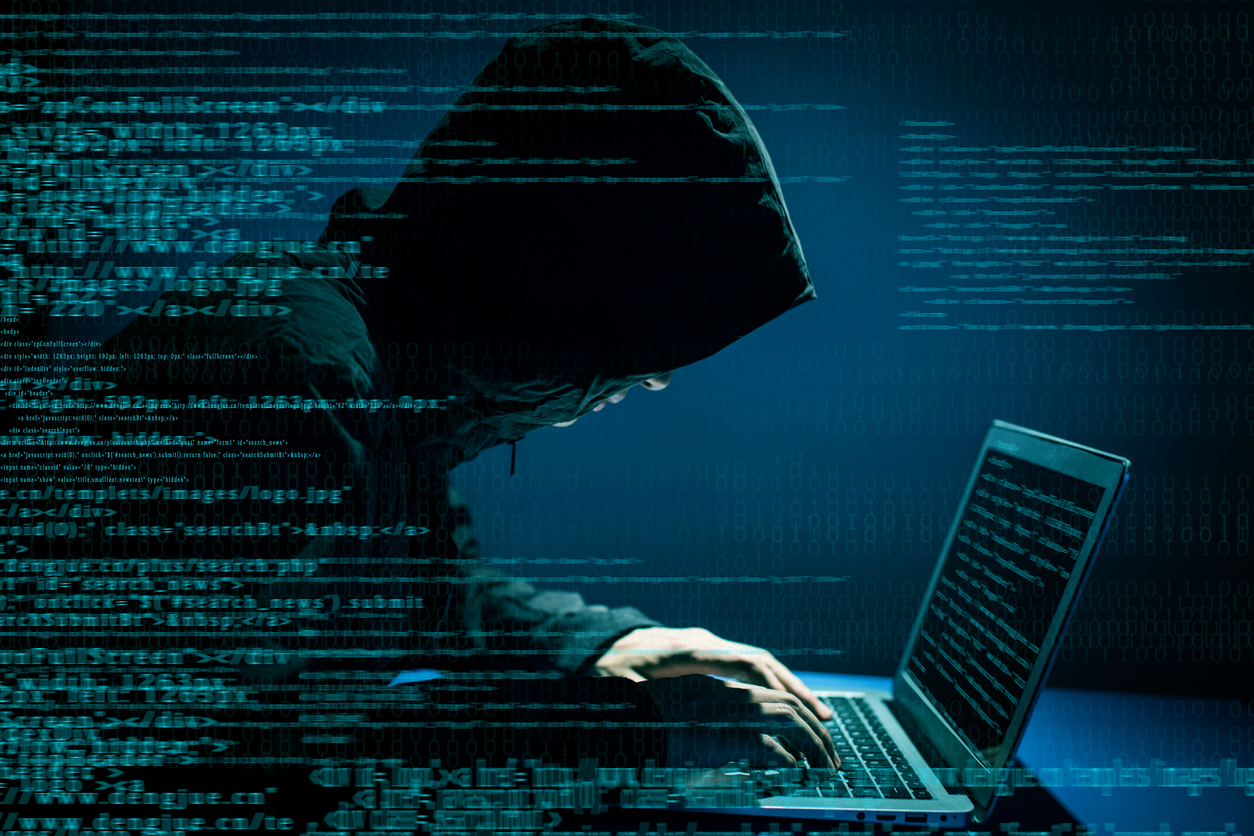A zero-day exploit is a previously unknown bug that provides software vendors with exactly zero days to secure. As a result, the technology in question is extremely valuable to hackers while being a nightmare for cybersecurity professionals.
According to a report published Tuesday by Google's Project Zero, a team of elite bug hunters, hackers exploited 58 zero-day flaws affecting major software providers in 2021. In 2020, there were 25 flaws, and in 2019, there were 21.
It's the most zero-days Project Zero has ever recorded since tracking began in 2014. The trend could be due to an improvement in detection from companies such as Microsoft Corp., Apple Inc., and Google, which now disclose their findings around zero-day issues, rather than an increase in hacks, according to Maddie Stone, a security researcher at Project Zero, who wrote about the findings in a blog post.
Hackers have used the attack technique in recent years to install advanced spyware on smartphones, which was then used to spy on journalists, politicians, human rights activists, and others. Meanwhile, suspected Chinese state-sponsored hackers used such flaws to compromise Microsoft Exchange servers last year.
According to Google's Stone, there were some surprises in the data. Despite recent attention on the misuse of spyware, cybersecurity researchers are still struggling to find zero-day vulnerabilities that allow hackers to take control of targets' phones.
"We know that messaging apps like WhatsApp, Signal, Telegram, and so on are targets of interest to attackers, but there's only one messaging app, in this case iMessage, that has had a zero-day discovered in the last year," she wrote. Previously, the team discovered two such flaws: one in WhatsApp in 2019 and another in iMessage in 2021.
According to Stone, the "majority of people on the planet" do not have to worry about being targeted by a zero-day attack. Nonetheless, she believes such attacks have a far-reaching impact.
"Because zero-days have a disproportionate impact on society, we must continue to do everything we can to make it more difficult for attackers to succeed."












